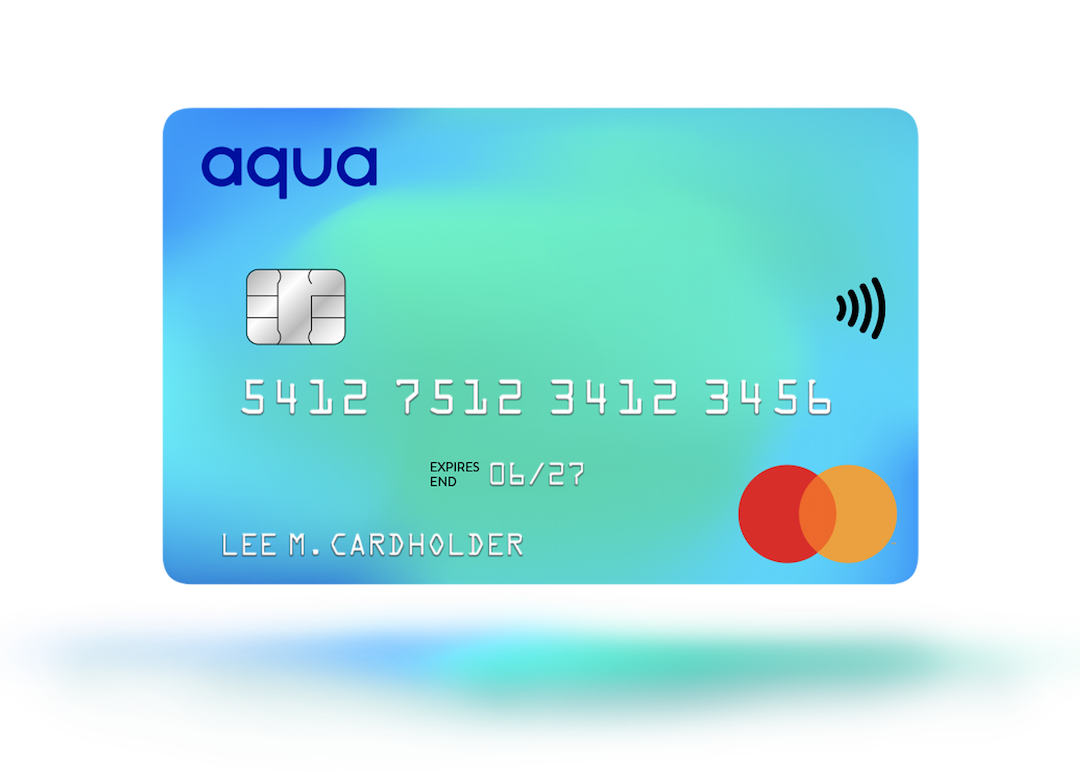The UK’s top credit myths debunked
Don't fall for these six credit building myths

Understanding credit and the role it plays in your life can be confusing, especially when there are a number of myths around how it works, how your credit score is calculated, and how you can build better credit. Understanding credit can seem overwhelming but it doesn’t need to be complicated, and we’re here to make it easier.
Read on to discover the truth behind some of the biggest misconceptions online about credit and top tips for building a strong credit score.
The Internet’s Six Most Popular Credit Myths to Debunk
We’ve researched on Reddit, Google, and other online sources, to find and debunk the internet’s most common credit myths.
1. You only have one credit score - FALSE
Nobody has one single static credit score, because every credit reference agency uses different metrics and criteria in their calculations. This means your credit score could differ by agency.
2. Checking my credit score affects my credit score - TRUE & FALSE
Many people think that checking their credit score negatively affects it, but this isn’t always the case as there are two different types of credit checks. Checking your own credit score is considered a ‘soft search’ and can help you track your progress towards improving it.
A soft search doesn’t affect your score as only you can see it on your credit report, and it doesn’t matter how many there are or how often they are done. It’s essentially a top line look at your credit report which is used when you check your credit score, or when a lender wants to assess which products you could potentially be eligible for without needing to conduct a full examination of your credit history.
A ‘hard search' is what lenders will use when you formally apply for credit and is a much more in-depth look at your entire credit history. Unlike a soft search, this does leave a mark on your credit report and could impact your score if too many are carried out over a short time.
While hard searches remain visible on your credit report for up to two years, they may only have an impact on your credit score for one year.
3. A better salary and more savings equal a better credit score - FALSE
While your income and savings are considered when determining your affordability for credit, they have no influence at all on your credit score.
Things that can impact your credit score include:
- Your credit card payment history (such as defaults or late payments)
- How much you owe (outstanding debt)
- The length of your credit history
- How often you apply for and open new credit accounts
- The variety of credit products you have
- The amount of your credit limit that you use
- Going over your credit limit
- County Court Judgments (CCJs) that have not been paid in full within a one-month period
Check out more tips on how to keep your credit score healthy.
4. If you’ve never borrowed, you’ll get the best deals - FALSE
Lenders use your credit score to assess whether you’re likely to pay back the money they lent you, so if you’ve never borrowed, you don’t have a credit history, which makes it much harder for the lender to make a judgement.
If you’ve never borrowed, you’re more likely to be rejected for credit cards, mortgages and loans with the best deals as lenders have no way of knowing whether or not you’re going to be a risk to them.
5. Repaying your credit cards in full lowers your credit score - FALSE
Repaying your credit card statement balance in full each month is a great financial move if it saves you accruing interest on your balance. Paying off your statement balance in full also lowers your credit utilisation, which is the second most important factor in calculating your credit score, according to Experian.
Expressed as a percentage, your credit utilisation is basically the amount of your credit limit used divided by your total credit limit. The lower your credit utilisation, the better it is for your credit score.
However, it’s worth noting that the same logic doesn’t apply to instalment loans like mortgages or student loans.
6. My credit score is horrible, but the damage is done and there’s nothing I can do about it - FALSE
This is one of the most damaging attitudes to have towards your credit score. No matter how bad your credit score is, there’s always something you can do to improve it. It might take time, but there are some simple actions you can take to build better credit, such as registering to vote or closing accounts you don’t use.
If you want to start your journey to building better credit, an Aqua card could help you improve it whilst you spend.
37.9% APR Representative (variable) for Aqua Classic.
Five Tips for Improving Your Credit Score
- Regularly check your credit report: Keep a close eye on your credit report and watch out for any incorrect details. A small mistake can impact your credit score negatively so if you spot anything that looks wrong, report it as soon as possible.
- Get a credit card: Using a credit card for some of your purchases and making sure you pay it off on time each month is a great way to prove that you’re creditworthy. Making regular payments in full shows lenders your ability to pay back debts you owe and may help your credit score improve.
- Pay your bills on time: Paying your bills on time demonstrates your ability to manage your money well. Late bill payments can signal to lenders that you might not be in control of your finances and could struggle to pay back the money that you owe, so always do your best to make payments on time.
- Stay on top of any existing debt: Having existing debt could make it difficult to be accepted for future credit applications. So, it’s key to assess what existing credit you have and make sure you’re making regular monthly payments to reduce it. It could be helpful to make a list of everything you owe and when each payment is due, so you have full visibility of your financial situation.
- Set up direct debits: Arranging direct debits for your bill payments makes sure you never miss or make a late payment, which we know can impact your credit score. Setting up direct debits takes the stress out of manual bill payments and means you are making consistent payments on time, every time.
Check out more information on how you can fix bad credit history.
Methodology
We determined the most popular questions around credit by looking at Google and Reddit and sourced facts from credit reference agencies.
Sources:
- https://www.answerthepublic.com
- https://www.reddit.com/
- https://www.experian.com/blogs/ask-experian/credit-education/score-basics/credit-utilization-rate/
- https://www.transunion.co.uk/consumer/credit-score-faq
- https://www.experian.com/blogs/ask-experian/how-long-do-hard-inquiries-stay-on-your-credit-report/
Failure to make payments on time or to stay within your credit limit means that you will pay additional charges and may make obtaining credit in the future more expensive and difficult.
Contributors

Jide Davies
Olajide is Head of Customer Underwriting at Aqua.

Victoria Smith
Victoria is an editor at Aqua.
You might also like
Slide 1 of 3
Financial freedom in the UK
We’ve explored which cities in the UK are better suited for those working towards financial freedom in the UK
Sharvan Selvam

Top credit-building tips for graduates
Get off to the right start in life with these credit building tips for graduates.
Sharvan Selvam

What is a good credit score range?
Discover what the average credit score in the UK is and what this means for you.
Jide Davies
The smart way to build better credit
Aqua is the credit card that gives you the power to improve your credit score
